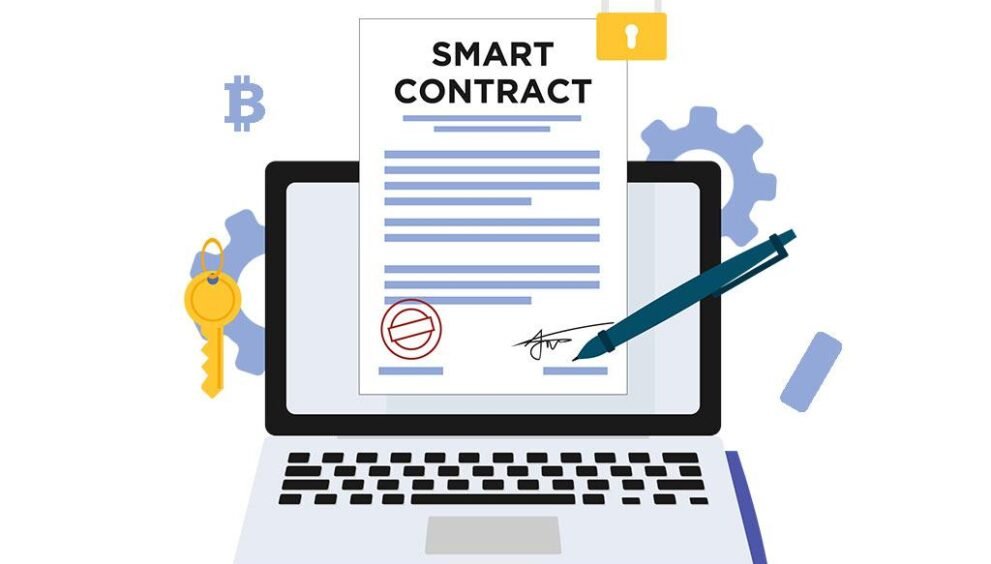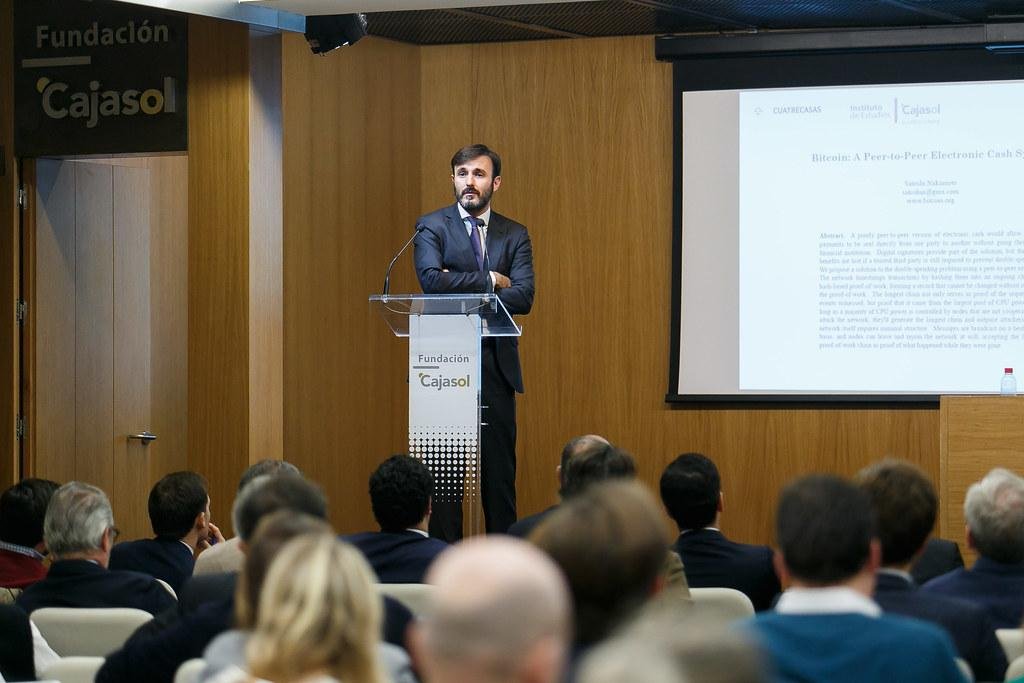Legal Compliance in the Age of Smart Contracts

Introduction
As digital transformation reshapes how we work and interact, smart contracts—self-executing agreements powered by blockchain technology—are becoming more common. These digital contracts offer exciting possibilities but also come with significant challenges, particularly when it comes to legal compliance. Unlike traditional contracts that need manual handling and oversight, smart contracts operate automatically based on pre-set rules, with little to no human involvement. This innovation raises important questions: How can we ensure these contracts comply with existing laws? What do they mean for privacy, security, and accountability? In this article, we will explore the intersection of legal compliance and smart contracts, looking at the changing legal landscape and the steps needed to unlock their potential while maintaining legal integrity.
Navigating Regulatory Landscapes in Smart Contract Implementation
The relationship between technology and law is becoming more complex as smart contracts evolve. Different countries have different laws governing blockchain technology, so it’s important for businesses and developers to stay informed about the regulations that apply in each jurisdiction. Key actions to ensure compliance include:
- Conducting thorough market research to understand laws in specific regions.
- Consulting legal experts familiar with blockchain technology.
- Building compliance frameworks directly into the design of the smart contracts.
Since smart contracts often deal with sensitive data, ensuring compliance with data protection laws is essential. For example, organizations must align with regulations like the General Data Protection Regulation (GDPR) in Europe or the California Consumer Privacy Act (CCPA) in the U.S. Ignoring these laws can lead to significant legal consequences. A proactive approach could include:
| Regulation | Key Considerations |
|---|---|
| GDPR | Consent management & Right to be forgotten |
| CCPA | Consumer opt-out rights & Data access |
Read Also: Legal Challenges and Risks Associated with Smart Contracts

Ensuring Transparency and Accountability in Automated Agreements
One of the challenges of using smart contracts is ensuring transparency and accountability. Since smart contracts operate on a decentralized blockchain, they inherently provide transparency, as every action is recorded in an unchangeable ledger. However, to fully benefit from this technology, stakeholders must create clear frameworks for how these contracts are designed and executed. Key strategies include:
- Comprehensive documentation: Clearly define the terms and conditions of the contract to ensure all parties understand their obligations.
- Audit trails: Implement tools that allow tracking of changes to the contract, improving accountability.
- Regular monitoring: Conduct regular checks to ensure the contract is working as agreed.
Collaboration between legal experts, developers, and regulators is key to creating an environment where innovation and accountability coexist. This collaboration might look like:
| Key Players | Role |
|---|---|
| Developers | Design and implement the smart contracts with attention to transparency features. |
| Legal Experts | Ensure compliance with existing laws and provide guidance on regulatory changes. |
| Regulatory Bodies | Offer frameworks and guidelines that promote accountability in automated agreements. |

Mitigating Legal Risks: Best Practices for Smart Contract Developers
Smart contract developers must prioritize legal compliance to avoid potential liabilities. To navigate this complex landscape, developers should:
- Conduct thorough legal research on the laws affecting smart contracts.
- Work with legal professionals to review contract terms.
- Include dispute resolution mechanisms in the contract itself.
- Follow strict data privacy protocols to protect user information.
A collaborative approach can make smart contracts more robust. Developers should seek input not only from legal counsel but also from other stakeholders impacted by the technology. This feedback loop could include:
| Practice | Description |
|---|---|
| Legal Research | Understanding local and international laws affecting smart contracts. |
| Expert Engagement | Hiring legal professionals to ensure compliance throughout development. |
| Feedback Mechanisms | Creating channels for stakeholder input to improve contract suitability. |

The Role of Enforcement Mechanisms in Smart Contract Compliance
One of the advantages of smart contracts is that they automatically enforce agreements without relying on courts or third parties. This reduces disputes and ensures that all parties can trust the contract’s execution. Key enforcement features of smart contracts include:
- Self-execution: Transactions are automatically triggered when the pre-defined conditions in the contract are met.
- Transparency: All parties can verify the terms and actions of the contract, reducing ambiguity.
- Immutability: Once a contract is deployed, its terms cannot be changed, ensuring that the agreement remains in place.
However, the unchangeable nature of smart contracts can be a problem if laws or regulations change. Developers and legal professionals are working on ways to make enforcement mechanisms more flexible, so they can adapt to new legal requirements. Important considerations for flexibility include:
| Aspect | Considerations |
|---|---|
| Flexibility | Incorporating governance frameworks to allow updates as legal norms evolve. |
| Interoperability | Ensuring compatibility with existing regulatory systems for seamless integration. |
Final Thoughts
As smart contracts become more common, the intersection of technology and law is growing more complex. The benefits of automation, transparency, and efficiency must be balanced with the need for legal compliance and risk management. Legal compliance is essential to the success of smart contracts and will shape their future.
As industries like finance and supply chains adopt these digital agreements, it’s critical to stay on top of changing laws and best practices. By fostering collaboration between developers, legal experts, and regulators, we can create an environment where innovation thrives within a framework of compliance.
Smart contracts have the potential not only to streamline transactions but also to build trust and transparency in a rapidly evolving world. While challenges remain, with collaboration and foresight, we can harness the full power of smart contracts while upholding legal and ethical standards.

















































































































































































































































































































































































































































































































































